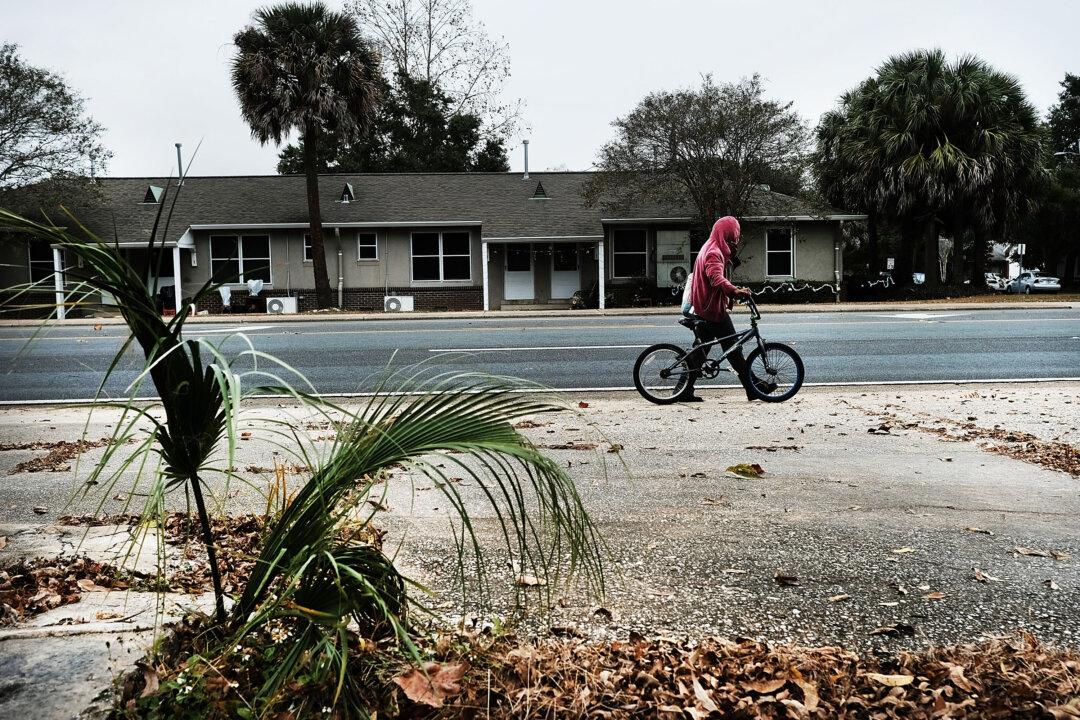Commentary
Poverty is one of the oldest problems in the world. For much of history, it was intractable and grimly inevitable. Today, there is good news and bad news about poverty in the United States.


Poverty is one of the oldest problems in the world. For much of history, it was intractable and grimly inevitable. Today, there is good news and bad news about poverty in the United States.